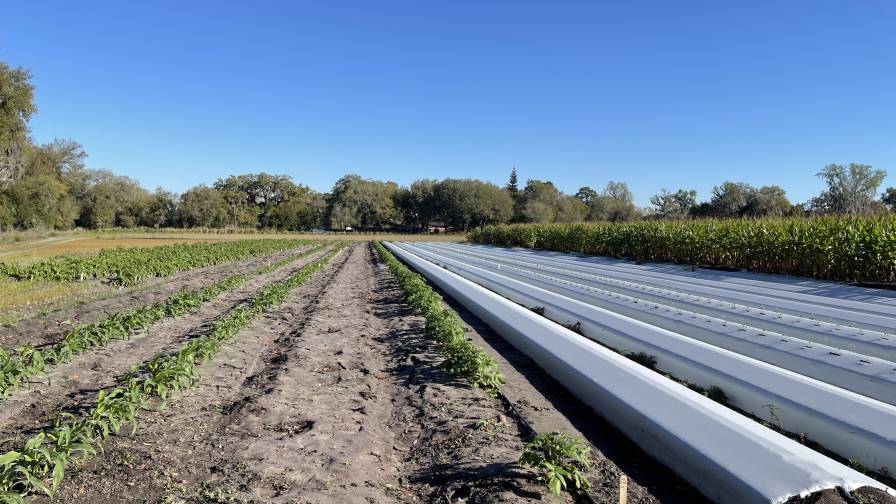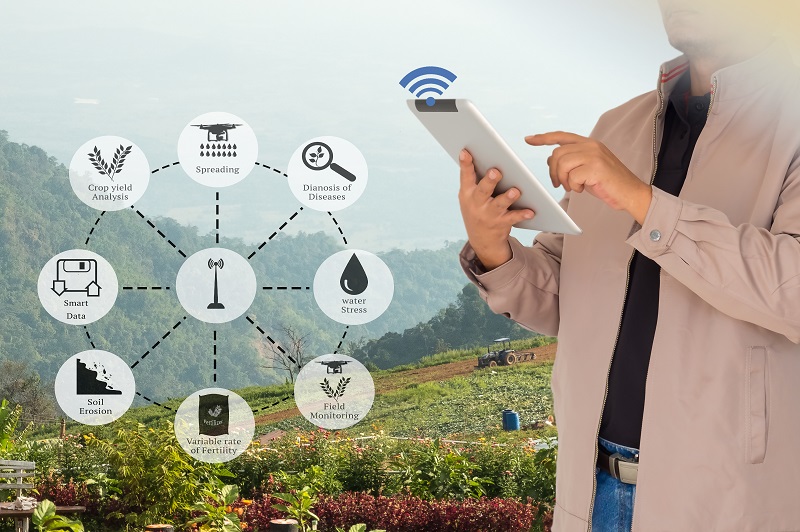A Titanic Need For Ag Education
Depending upon your perspective, this will be the scariest or funniest thing you are apt to read this week on the know-how of the American public. The other day, I ran across an article talking about the death of Rodney King. As you might remember, King was at the heart of the riots that broke out in Los Angeles during the early 1990s, where four officers were acquitted of his beating despite the presence of videotape as evidence.
In this story, a reporter was communicating about King’s death with some other average folks using social media. He was surprised to learn how few of the people he was texting with knew who King was.
Okay, this in itself isn’t that surprising. King had his 15 minutes of fame 20 years ago and had largely faded from public view in the interim.
However, as the reporter dug a bit deeper, he discovered that his audience was not only ignorant on King and his role in history but other key historical events as well. Perhaps most surprising, the reporter found that more than 20 texters didn’t realize the movie “Titanic” was based upon a real shipwreck.
“Wait!” wrote one texter. “Titanic really happened? I thought it was just a movie.”
When I first read this, I chuckled. Then, I got scared. If there is a portion of the American public this clueless about one of the most widely reported on disasters of the past 100 years, what chance does agriculture have to have been heard spreading its positive messages of sustainability and stewardship?
This is why ag retailers, trade groups and grower-customers need to constantly step up and help educate the American public on our industry’s practices. Otherwise, we will all risk having a sizable portion of people in this country believing the text of that old joke, that “their food comes from the supermarket.”
Except the joke will be on us!






